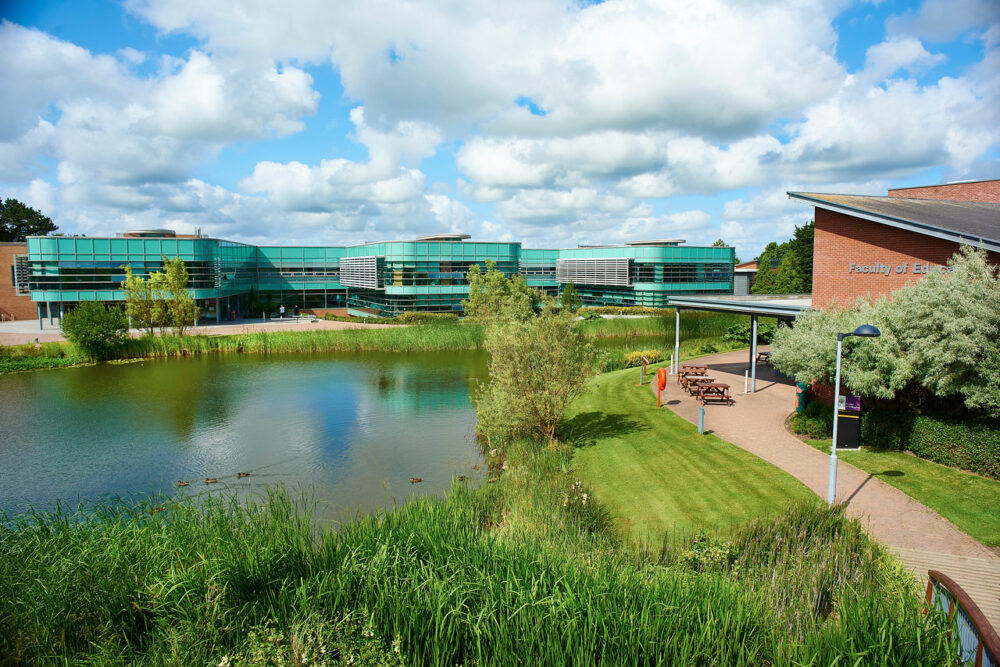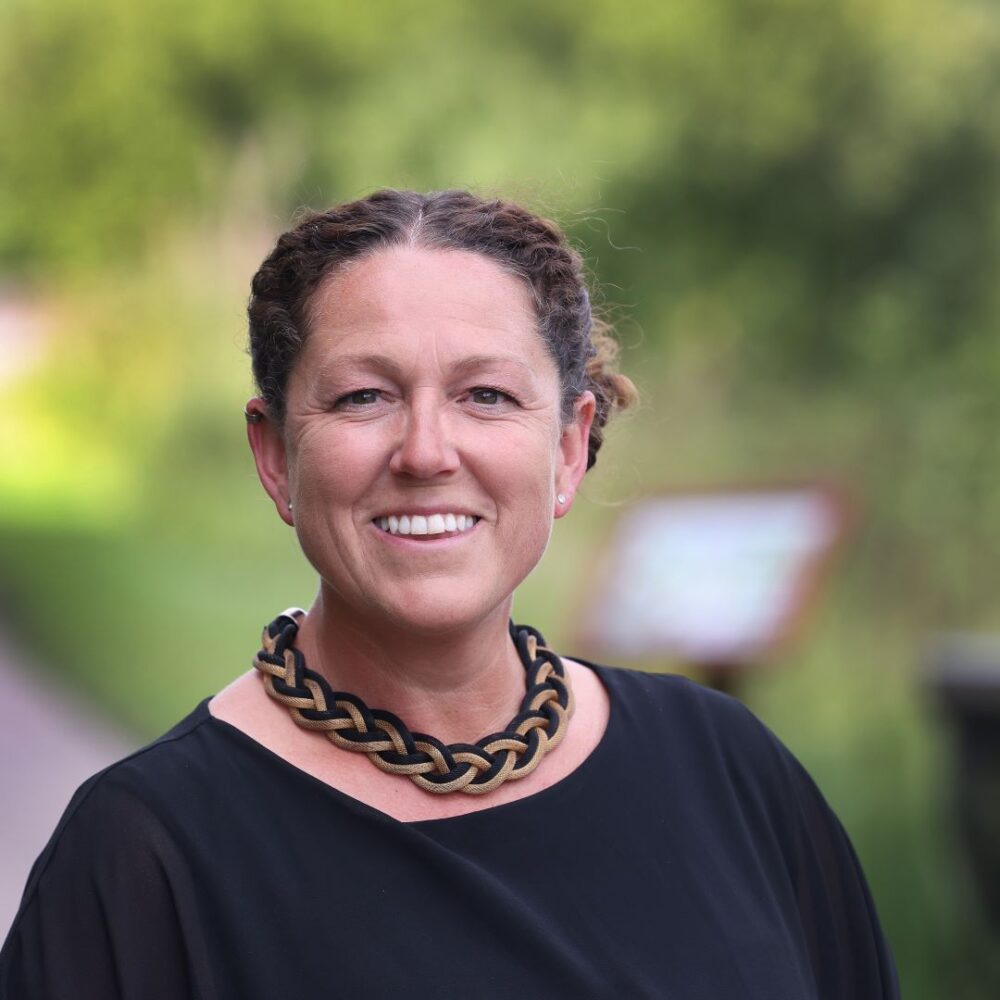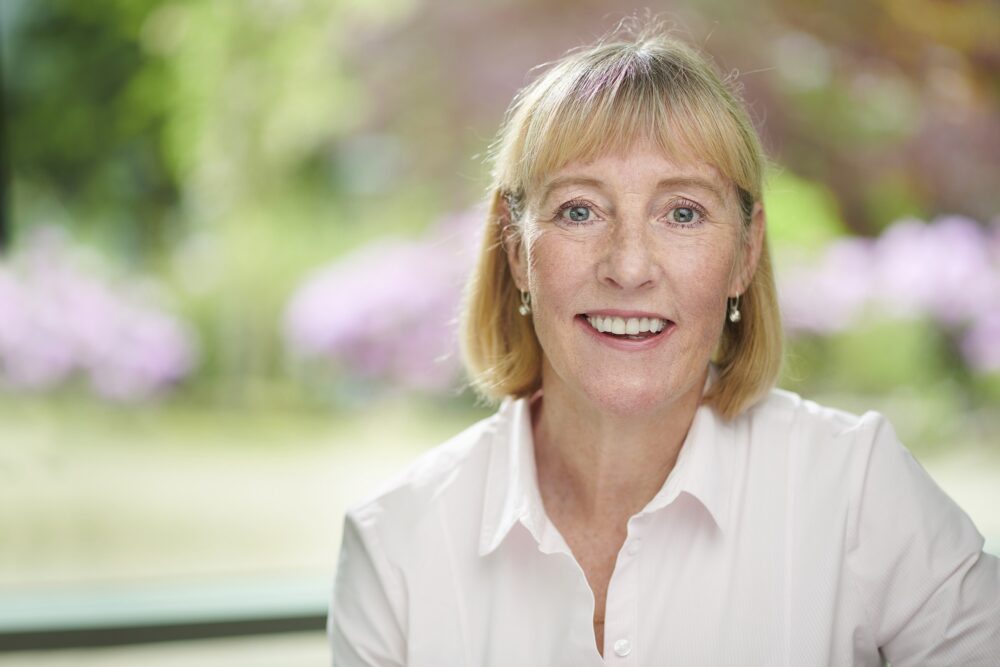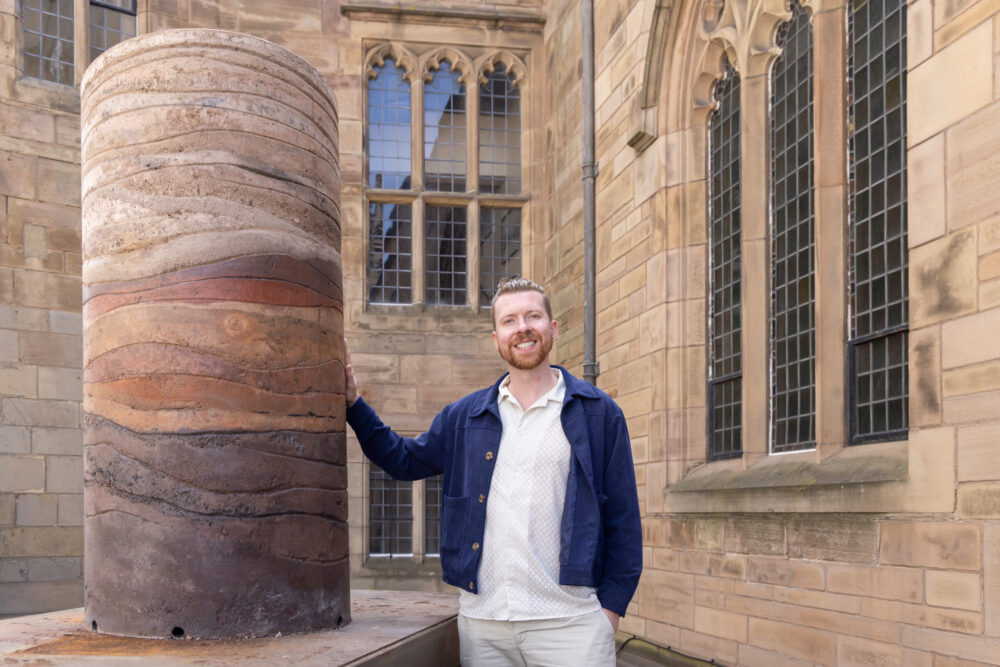
Liverpool News
Edge Hill University to tackle barriers to healthcare with new funding boost
2 years ago

Edge Hill research on barriers to accessing healthcare has won new funding from the National Institute for Health and Care Research (NIHR).
The pioneering project, by Edge Hill University, focuses on communities in the North West, and aims to investigate what deters under-represented communities from accessing healthcare services and create solutions to improve access.
Lucy Bray, Professor of Child Health Literacy at the University, will work in partnership with Contact, a charity for families with disabled children, Alder Hey Children’s NHS Foundation Trust and National Network of Parent Care Forums North West, on the project.

Professor Bray said:
“We know that many disabled and neurodiverse children and young people from under-represented communities can experience poorer health outcomes.
“I’m really looking forward to working alongside, and learning from, children and families from under-served communities to understand more about the barriers they can experience when trying to access healthcare.
“This important project will enable us to develop key partnerships with those who are often excluded from the process of setting research agendas and designing programmes of work.”
Disability charity Contact reports that many disabled and neurodivergent children and young people from under-served communities have less access to healthcare, and people from Black, Asian and minority ethnic groups and Traveller communities, for example, can face discrimination, disadvantage and exclusion, with less choice and control over their health care.
Mary Mulvey-Oates, from Contact, is co-chief investigator alongside Joann Kiernan, consultant learning disability nurse at Alder Hey and senior lecturer at Edge Hill.

Mary said:
“This work will help us understand and support families from communities who face the biggest challenges in being listened to and getting the health care they need for their disabled or neurodiverse child.”
Research in this area has been limited but the NIHR funding – more than £120,000 from the first round of the organisation’s Developing Innovative, Inclusive and Diverse Public Partnerships scheme – will help researchers, charities and services improve provision and access to healthcare.









 Subscribe
Subscribe Follow Us
Follow Us Follow Us
Follow Us Follow Us
Follow Us Follow Us
Follow Us Follow Us
Follow Us











